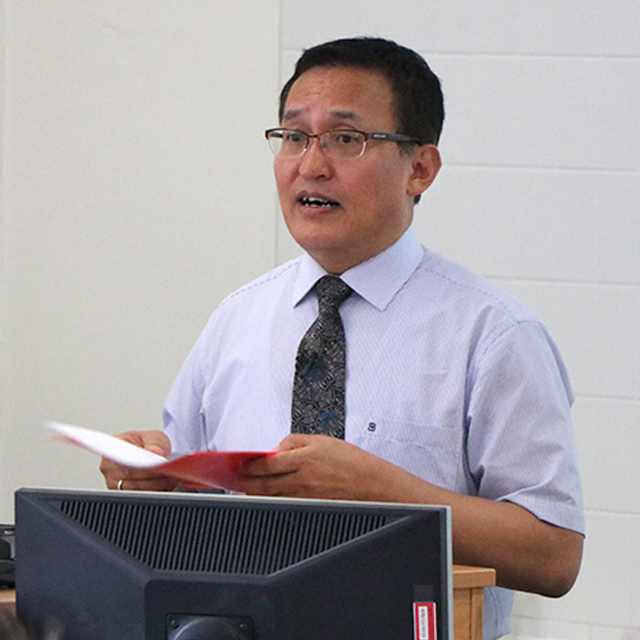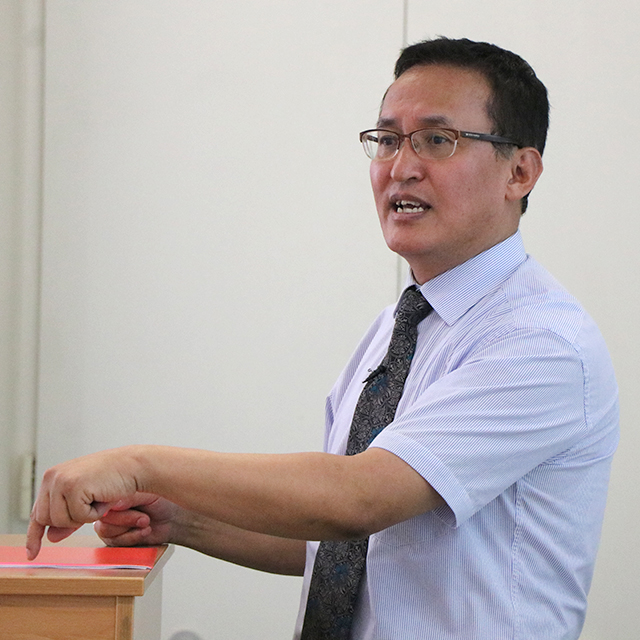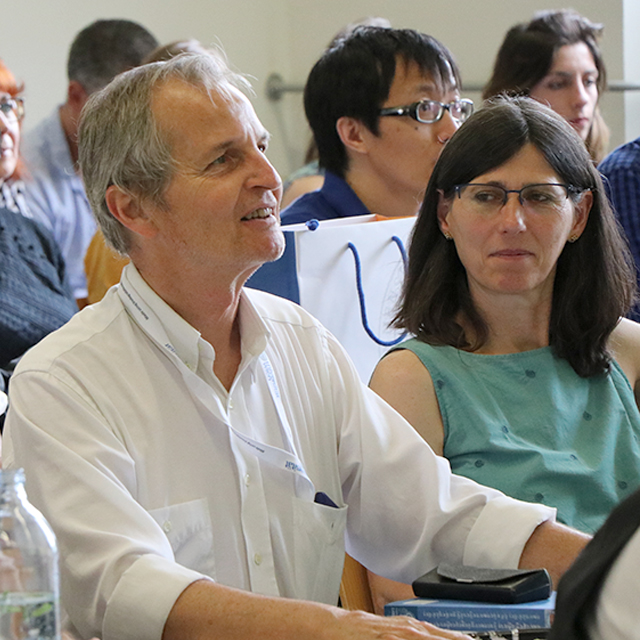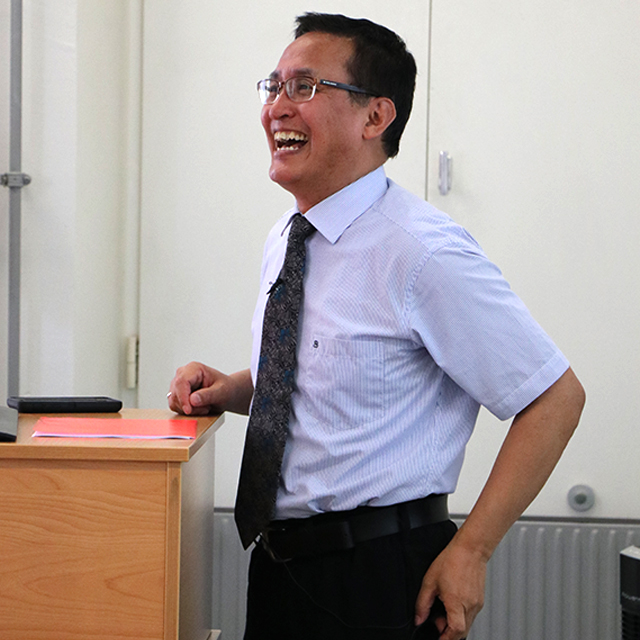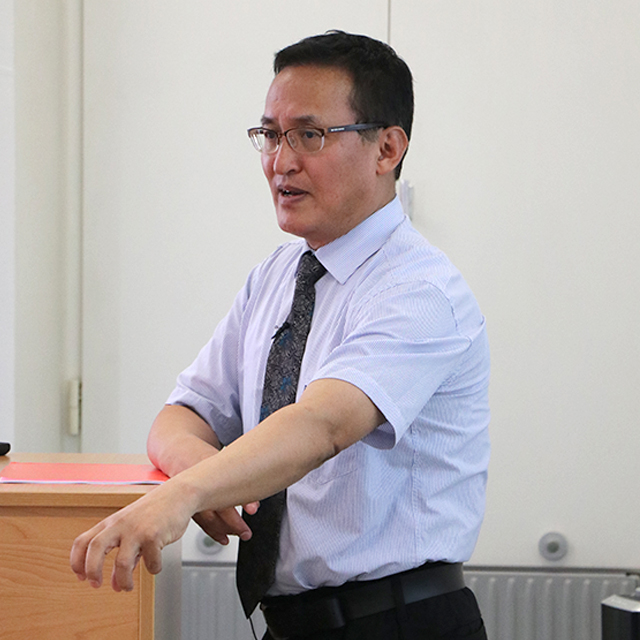Rong-zom-pa on the Tathāgatagarbha and Pratītyasamutpāda Theories
The critique of the tathāgatagarbha doctrine by the two Japanese scholars Shirō Matsumoto and Noriaki Hakamaya has compelled scholars engaged in the study of Buddhism to reflect on the Buddhist status of the doctrine. While the agenda and the underlying motives of these two scholars may be different, their dismissal of the tathāgatagarbha doctrine as non-Buddhist may have been inspired by some position found in Tibetan Buddhism. To my knowledge, however, Tibetan Buddhist scholars have never gone to the extent of apodictically rejecting the theory as non-Buddhist while some Tibetan Buddhist (e.g. Dol-po-pa’s or Jo-nang-pa’s) interpretation thereof has certainly been. One of the most significant criticisms of the tathāgatagarbha doctrine is that it contradicts or disregards the doctrine of dependent arising (pratītyasamutpāda), which has often been eulogized as the quintessence of the teachings of the Buddha. In this paper, I wish to (re)examine how the eleventh-century rNying-ma scholar Rong-zom Chos-kyi-bzang-po interprets the tathāgatagarbha theory particularly in relation to the pratītyasamutpāda theory and whether or not he viewed the tathāgatagarbha and pratītyasamutpāda theories to be mutually contradictory.
Event: Vienna Symposium 2019 – Paper Presentation
Date: July 19, 2019 – 2:30 pm
Speaker: Dorji Wangchuk
Topics: Buddha Nature, Dependent Origination, Rongzompa
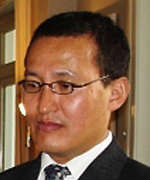
Dorji Wangchuk
University of Hamburg
After completing a nine-year course in the study of Tibetan Buddhism from a traditional Tibetan Buddhist monastic seminary in South India (i.e. sNga ’gyur mtho slob mdo sngags rig pa’i ’byung gnas gling, Bylakuppe, Mysore), Dorji Wangchuk studied Classical Indology (first major, with a focus on Buddhist Studies) and Tibetology (second major) at the University of Hamburg (MA, 2002). He wrote his doctoral dissertation on “The Resolve to Become a Buddha: A Study of the Bodhicitta Concept in Indo-Tibetan Buddhism” and received his PhD from the same University in 2005. Between 1992 and 1996, he taught Tibetan Buddhist monks and nuns in monastic seminaries in India. Since 1998, he has been teaching and researching at the University of Hamburg in various capacities. He also taught a term each at the University of Copenhagen and McGill University. Currently he is a professor for Tibetology at the Department of Indian and Tibetan Studies, Asia-Africa Institute, Faculty of Humanities, University of Hamburg.

